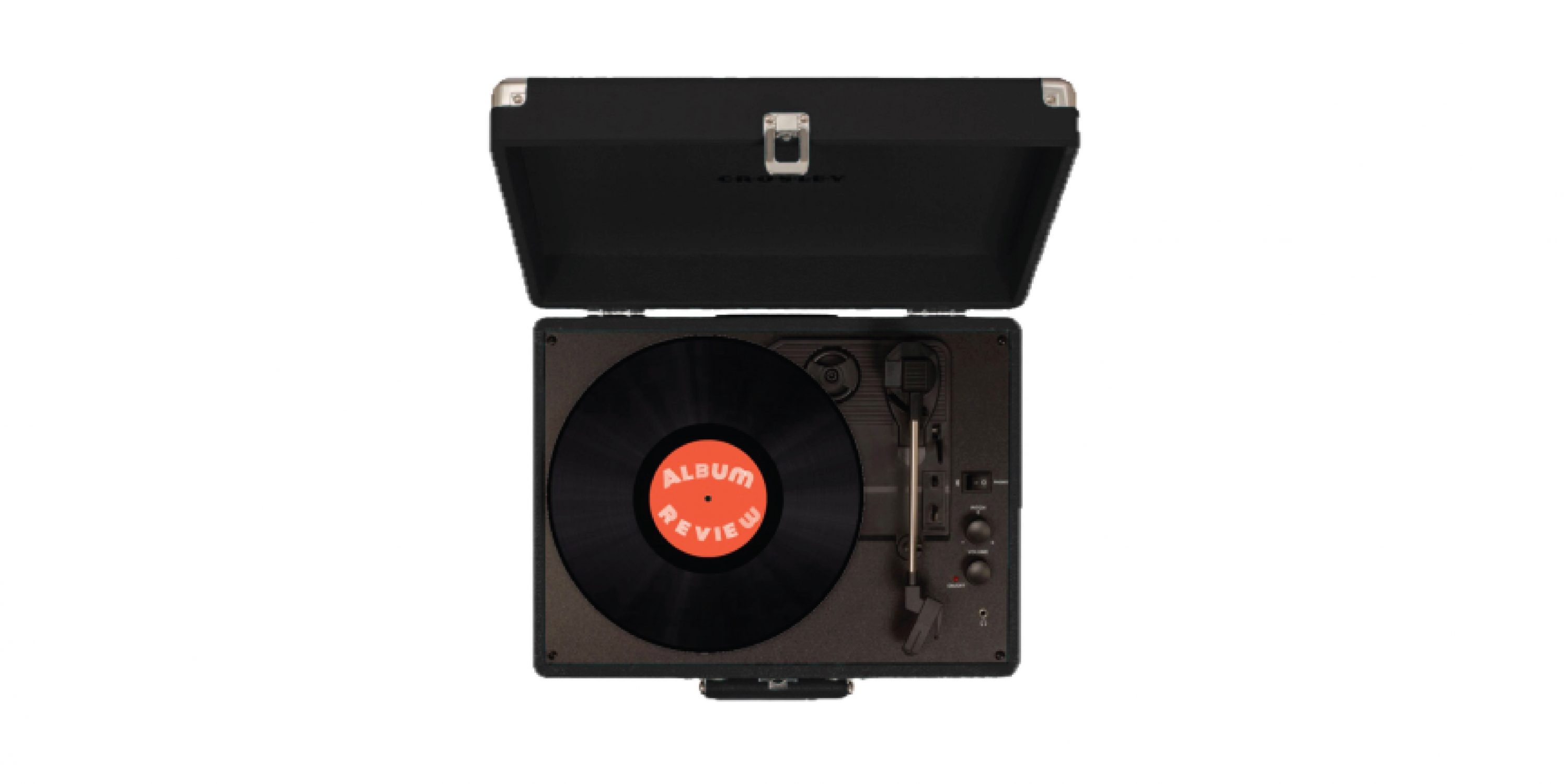Driving around my hometown. Going to visit a group of old friends who I won’t see for a while. Leafless, late-autumn trees. Cold air. The porch out back.
The best music is able to evoke images implicitly. Maybe the lyrics don’t describe the scene you have in mind, but you fill in the gaps for yourself and it fits. The mood, the vocalist’s delivery, the language—it all comes together to paint a picture that you recognize, even if it’s one that’s hard to articulate. That’s what I got out of Marigold (2020), the latest studio album from indie rock band Pinegrove.
Recorded and mixed in a small farmhouse in upstate New York, Marigold comfortably sits somewhere between alternative country and melancholic ’90s rock. Each track in the 38-minute release was either written or co-written by Pinegrove-frontman Evan Stephens Hall. He, along with his childhood friend, drummer Zack Levine, founded the New Jersey-based group in 2010. Over the past decade, the band released three prior studio albums which progressively developed a more sophisticated sound while still maintaining the same rustic, down-to-earth tone. Marigold, I’m happy to report, continues this trend.
The album begins with a stellar, upbeat rock jam called “Dotted Line.” The song is a good demonstration of Marigold’s overall strengths, both technically and artistically. Its instrumentation is solid, sporting nice clean guitar tones and crisp snares, but the real standout is Nick and Michael William Levine’s pedal steel guitar. The peculiar addition cuts through with an almost whirring texture, yet never detracts from the overall feel of the track.
The pedal steel does an excellent job selling the rural tone across the whole album, but it shines most brightly in the third promotional single, “The Alarmist.” One of my personal favorites, the song pauses between verses with an engrossing pedal steel solo a little past the one-minute mark. Without words, it’s able to inject a bout of energy that carries through the rest of the song, even once Hall’s lulling vocals return. It’s very obvious that a lot of time and effort was poured into getting the tone of that segment just right, and the effort shows.
Even with that attention to detail, I would still point to Hall’s lyrics as one of the record’s strongest features. In the second verse of “Dotted Line,” Hall sings, “In the night when I feel your absence, like a dotted line across my shoulder / Like a silver vision across the desert, may no memory hold my head up.”
Not only does he demonstrate an intentional effort to vary his vocabulary, giving the whole track a poetic character, but the lyrics also convey specific, personal descriptions of loss through vivid metaphor. This sentimental mood is expertly crafted and lends itself well to listener interpretation. In an interview with Apple Music earlier this year, Hall actually encouraged this approach to the album. “I want people to see themselves in this record,” he said. “It’s my hope it inspires feelings of empathy and introspection—and ultimately, of community.”
Even the way the music is paced helps to highlight Hall’s lyrical strength. A majority of the songs move forward with a slower-than-average tempo compared to other indie rock groups, inviting the listener to truly focus on and ponder Hall’s lyrics. Though this creative decision can overstay its welcome and cause later tracks like “Hairpin” or “Alcove” to feel uninterestingly slow at times, the vast majority of the work benefits from the tempered pace.
Of the three singles advertised in the lead up to Marigold’s full release, my personal favorite is track seven, “Phase.” With a charming music video to accompany it, the song lets the nuance of Hall’s vocals shine—listen for the small trills and cracks during the verse. Its steady beat meshes well with the strange yet rhythmically pleasing lyrics, like when Hall sings, “On the lip of the collapsing letter, in the lap of the confusing moon / I’m reduced to an estranged illusion, I’m consumed by all the shit in my room.” All this, plus the wonderfully weird steel pedal slides, delivers a track that is Pinegrove at its best.
And really, the same can be said about Marigold at large. The album experiments, and while it may sometimes meander, those tests very often give rise to tracks that are both catchy and emotional. They’re performed with enough conviction that I can feel the vocalist’s pangs of regrets and nostalgic ramblings, yet they also leave room for me to ascribe my own memories to them. It’s a great album to relax with on a walk outside, during a quiet afternoon on the porch, or even while driving to see that old group of friends one more time.
Image Credits: Neha Malik





